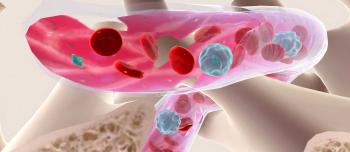Last month Novo Nordisk announced the results of a large, multinational study of the psychosocial aspects of living with hemophilia. The findings were presented at the World Federation of Hemophilia’s 2012 World Congress, held in Paris, France, July 9th-12th.
The HERO (Hemophilia Experiences, Results and Opportunities) study, funded by Novo Nordisk, is intended to improve outcomes for people with hemophilia. It encompasses the psychosocial experiences of individuals with hemophilia, parents and healthcare professionals. The survey used in the study covers such themes as employment, relationships, sexual health, treatment and management of hemophilia, information and knowledge, and quality of life.
HERO includes:
- An extensive literature review to assess the existing literature and establish gaps in knowledge, published in Haemophilia (Cassis et al, 2011).
- Qualitative research among 150 people with hemophilia, their parents and healthcare professionals from seven countries.
- Quantitative research among 1,236 people (18 years of age or older) with hemophilia and parents of children younger than 18 with hemophilia across 10 countries.
The early findings from HERO show that eight out of 10 people with hemophilia have experienced a negative impact of hemophilia on their professional career. One in five believe they have lost a job because of hemophilia. On the other hand, 85% of people with hemophilia describe themselves as educated and only 8% are not able to find employment.
“Treatment of hemophilia has advanced greatly over the past decades, but psychosocial issues can still be a challenge for people with hemophilia, for example societal stigma,” said Alfonso Iorio, a member of the HERO International Advisory Board. He is Professor in the Department of Clinical Epidemiology and Biostatistics, McMaster University, Canada. “The insights from the HERO study will provide much needed evidence to support advocating for better comprehensive hemophilia care.”
Source: Novo Nordisk press release dated July 9, 2012





